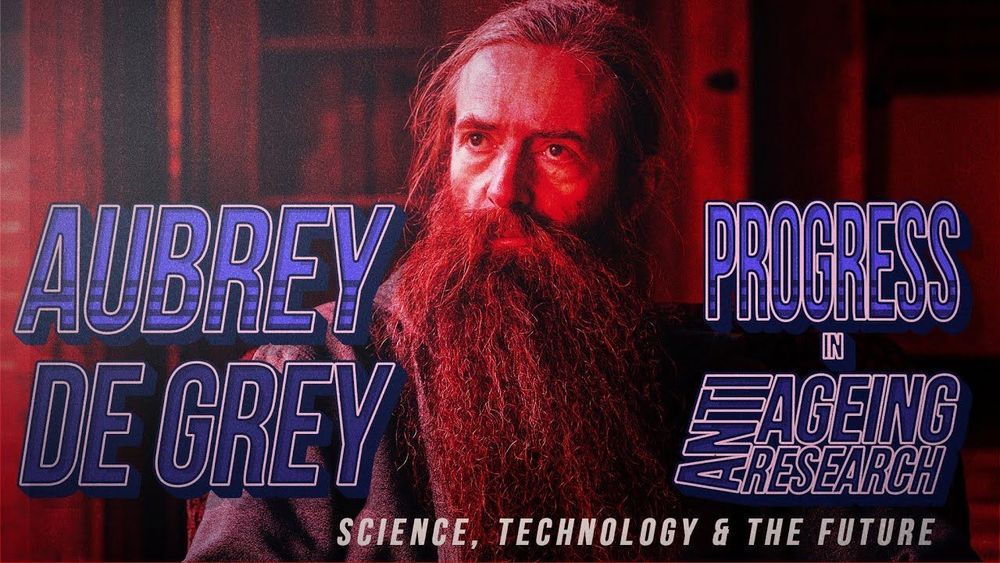Late last year, archaeologists in China found some very interesting items in an ancient tomb dating back as far as 202 BC, including a bronze vessel that somehow still held liquid. The liquid, which at the time was thought to be some type of wine, has since undergone closer examination that reveals its true purpose.
China’s Xinhua news agency is now reporting that the beverage was actually an “elixir of immortality” that matches descriptions from ancient documents. The substance has been tested and, if scientists are right about it, there’s probably little chance it would do anything to extend someone’s life, and may even usher death in even quicker.









